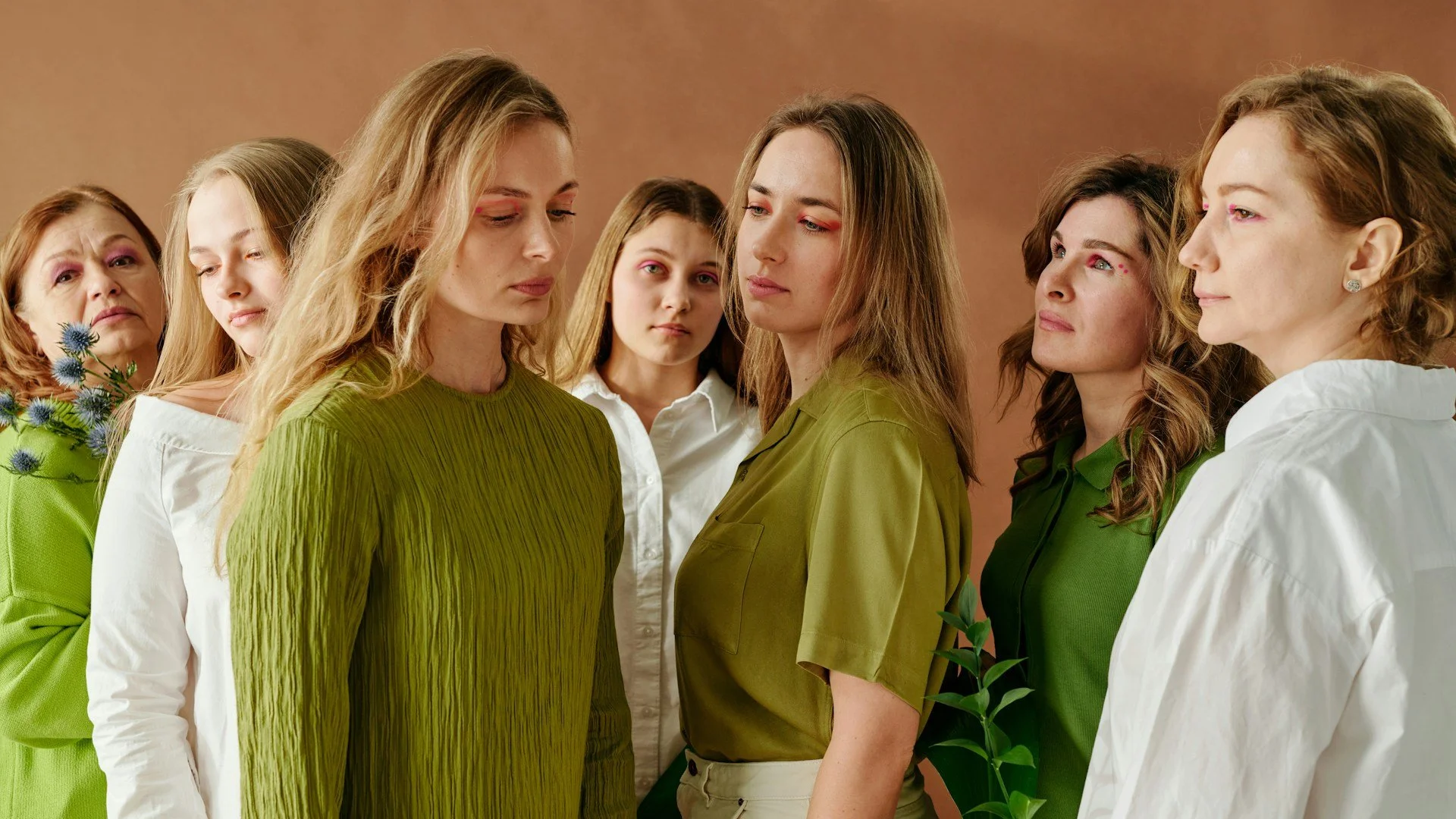The Family Inside
Foto Andrej Lisakov
Sometimes I think I live in a boarding house. Not a nice one, either—more like the kind with flickering lights and burnt coffee and doors that don’t close all the way. All kinds of characters drifting in and out of rooms. Some slam things. Some just cry. Some rearrange the furniture in the middle of the night.
There’s the good girl.
The one who smiles too much and apologizes before anyone’s even upset.
There’s the angry teenager with shaved head and clenched fist. She hates everything.
The teacher. The strict father. The grandmother who smells like moth balls and judgment.
The sexy one who only shows up when she shouldn’t.
The baby who still cries when no one’s watching.
The rocker. The priest. The judge. The critic. Oh God, the critic.
It’s like a whole family reunion in there—only nobody remembers what we’re celebrating.
And mostly, they’re the ones living your life. You just wear the clothes. Sign the checks. They’re the ones pulling the strings when you yell at your partner, or shrink in a meeting, or suddenly start reorganizing the pantry at 2 a.m. instead of writing that song or finishing the damn book.
But here’s the thing: they’re not villains. They were born back when you were just a soft little thing, all sponge and skin, trying to survive the madness of being a child in a world run by barely healed adults. These parts? They tried to protect you. Some still think you’re six. Some are stuck in the last place they felt safe.
They mean well. They just don’t realize the war is over.
So what do we do?
We sit with them. We talk. Yes, really. We pour a cup of coffee, or whiskey, or whatever your truth serum is, and we ask them who they are, what they need, why they’re still shouting. We let them know we’re grown now. We have car keys. Bank accounts. We don’t need a screaming fit or a shame spiral to keep us safe anymore.
And slowly—miraculously—things change.
They soften.
They update.
Some retire.
Others learn to help in better ways.
Eventually, if you’re patient and a little brave, they become something like allies. Even family.
That’s what this work is about. Not exorcising your past, but rewriting its role in your present. Transmuting all those frozen bits of childhood into strength, wisdom, even joy. It’s like moving out of that crowded old house and finally building your own—room by room, self by self.
Most of the time, it’s not the world that keeps us small. It’s the echoes inside us, the ghosts in the attic. But they don’t have to run the show anymore.
I offer a process for meeting these parts. Reclaiming your voice. Remembering who you were before the roles were handed out.
